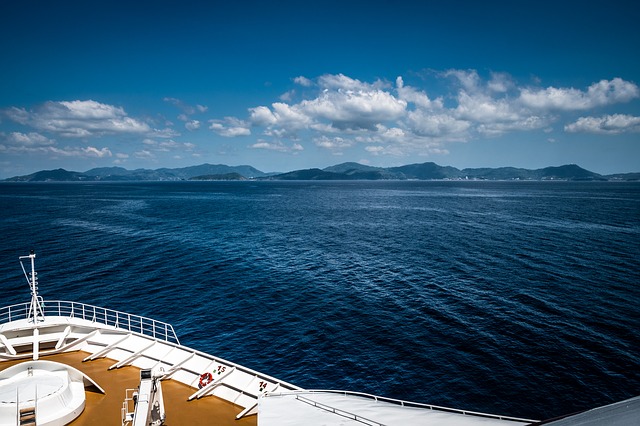This Content Is Only For Subscribers
Aurora Expeditions has announced an industry-first partnership with UK environmental technology start-up Cleaner Seas Group to reduce microplastic pollution from onboard laundry systems.
Ahead of the Antarctic season, Aurora will install Indikon marine-grade microfibre filtration systems on the washing machines aboard its new expedition ship, Douglas Mawson. The filters, developed by Cleaner Seas Group, capture up to 99 per cent of microfibres released during laundry cycles, preventing them from entering the ocean via the vessel’s greywater system.
Aurora Expeditions sustainability manager Sasha Buch says the initiative will help protect fragile marine environments.
“Microfibre pollution is one of the most overlooked forms of plastic waste, often invisible yet pervasive from coastlines to the poles,” Sasha says. “By installing Cleaner Seas’ filtration systems aboard Douglas Mawson, we’re taking a proactive step to keep microplastics out of some of the most pristine waters on Earth.”
Reducing microplastics at the source
Microplastics — particles smaller than 5 millimetres — have been detected across the globe, including Antarctica and the Arctic. A single load of synthetic laundry can release hundreds of thousands of fibres. Once in the ocean, these fibres can be ingested by plankton and marine life, transferring pollutants through the food chain.
Following installation aboard Douglas Mawson, Aurora plans to expand the system to its other purpose-built ships, Sylvia Earle and Greg Mortimer, when they return to Europe next year.
Cleaner Seas Group chief executive David Miller says the collaboration supports the company’s closed-loop sustainability model.
“Used filter cartridges from Aurora’s ships will be collected and recycled locally by Cleaner Seas Group, transforming captured microfibres into new, sustainable materials and ensuring nothing goes to landfill,” David says. “Cleaner Seas Group also plans to establish a dedicated recycling facility in New Zealand in the near future.”
Science at sea
Australian sailor and environmental advocate Lisa Blair, who collected 180 microplastic samples during her 2022 solo circumnavigation of Antarctica, found the highest concentrations in waters below Australia — the region where Douglas Mawson will operate this season.
“Even in the most remote places on Earth, microplastics are present,” Lisa says. “Stopping fibres at the source matters.”
Sustainability in action
The initiative adds to Aurora Expeditions’ broader sustainability and innovation programme, which includes partnerships with CounterCurrent on AI-enabled climate sensors and marine restoration projects supporting the company’s mission to “travel with purpose”.



